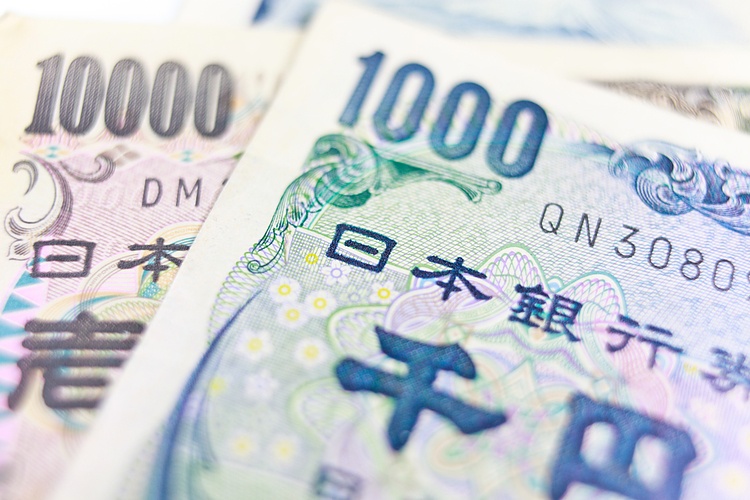
The Japanese Yen (JPY) reacted negatively after the Bank of Japan (BoJ) announced an end to its negative rate policy. Economists at Commerzbank analyze Yen’s outlook.
The BoJ actually raised interest rates for the first time since 2007. The short-term policy rate is now set between 0 and 0.1%. At the same time, the target for long-term JGBs (the YCC) was abandoned, although the BoJ still intends to buy a similar number of JGBs per month as before, just without an explicit target. On the other hand, it stops buying ETFs and REITs and purchases of commercial paper and corporate bonds will be gradually reduced and stopped completely in 12 months.
A symbolic exit from the negative interest rate policy is unlikely to give the Yen much of a boost. After all, there have already been a number of exceptions to the negative interest rate policy, and the latest rate hike was only a few basis points. Only if the BoJ hints at further rate hikes, which would indicate a real rate hike cycle, will the Yen benefit more. Anything else has been priced in after the statements of the past few weeks.
While the BoJ did take a first step away from its ultra-expansive monetary policy, it was not a clear hawkish turn, but rather a dovish rate hike. The key now is likely to be inflation. If there are further signs that inflation is persistently stuck at the BoJ’s 2% target, further steps to normalize monetary policy could follow.
However, we remain skeptical that inflation will really stay high. After all these years of extremely low inflation, we think it would have been better to wait a bit longer for this wage-price spiral to anchor inflation sustainably at the 2% target. After today’s decision, there is still a risk that the BoJ will have to stop normalizing its monetary policy sooner rather than later. This should be kept in mind.
